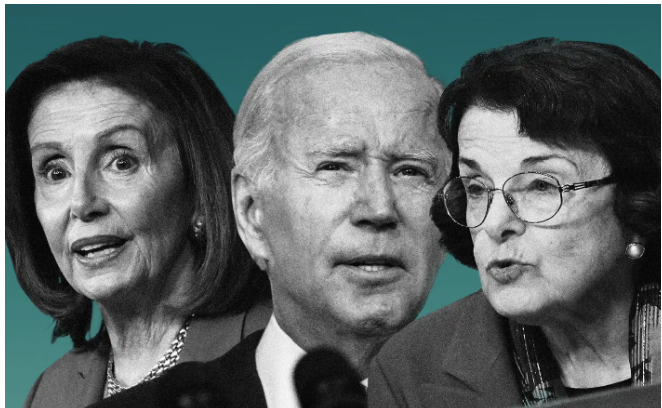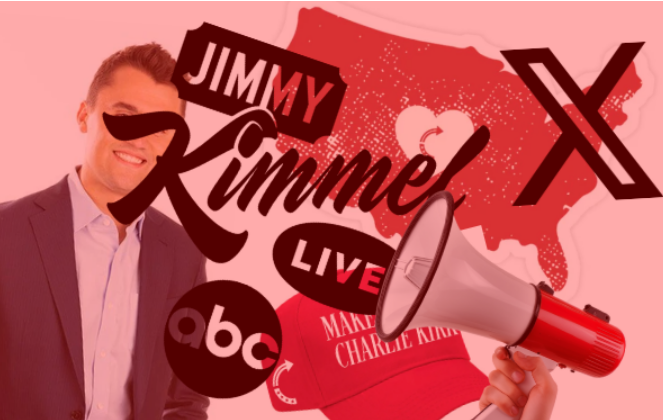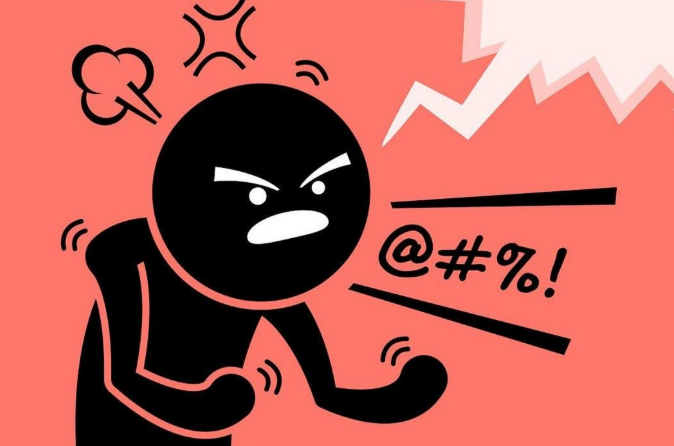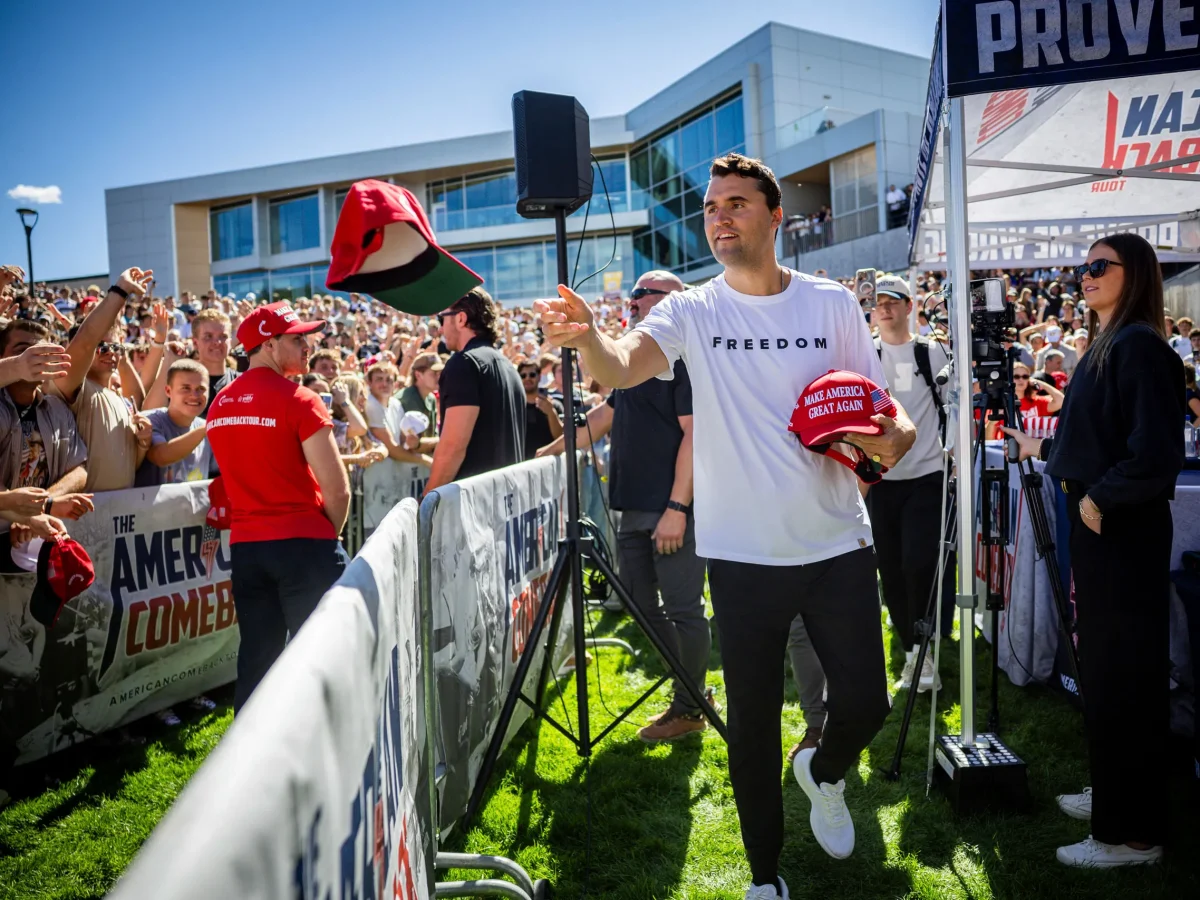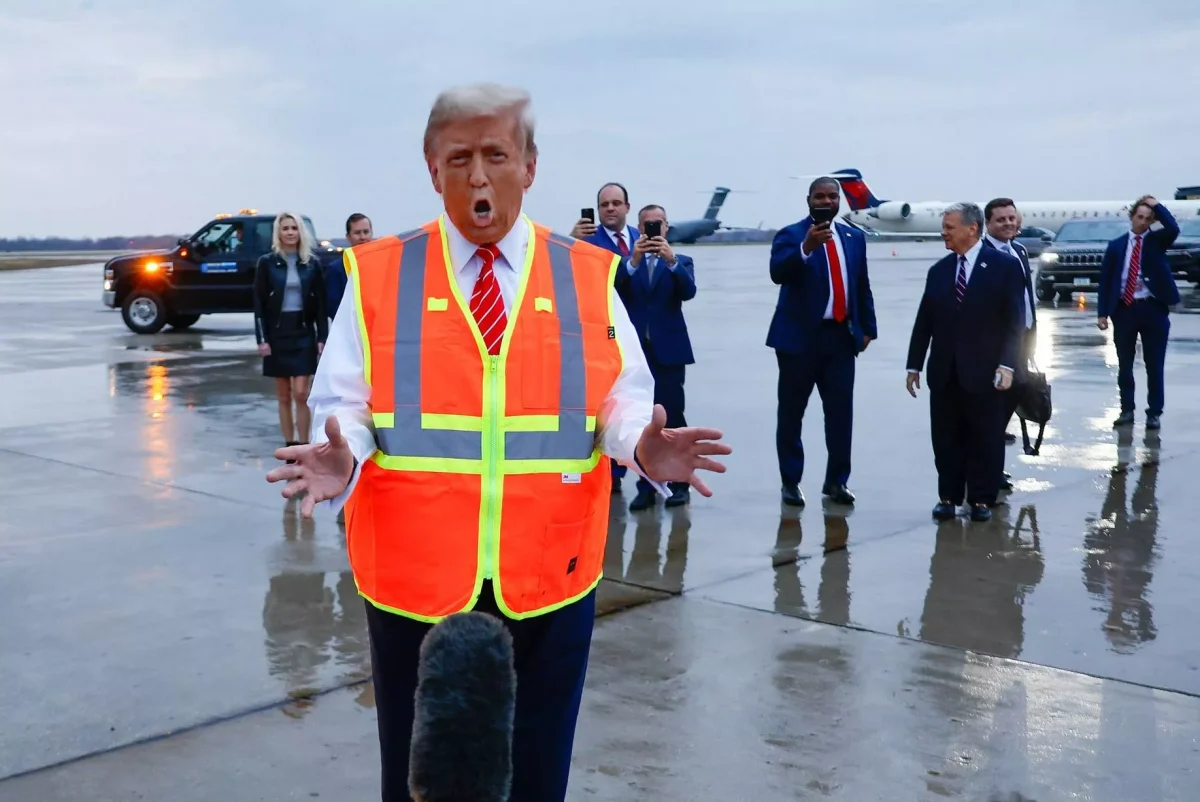Dr. Martin Luther King, Jr. was assassinated at thirty-nine, having delivered his I Have A Dream speech just five years prior. Alexander Hamilton was in his early twenties when he worked alongside George Washington in the Revolutionary War. Thomas Jefferson was thirty-three years old when he wrote the Declaration of Independence. The average signer of this document was forty-four, with over one-third of the delegates coming in at under forty years of age.
Although on a steady decline, the median age of House lawmakers is 57.9. The median age of our Senate has been on the rise, currently resting at 65.3 years. If Joseph Biden and Donald Trump represent their respective parties as the final candidates in this year’s approaching presidential election, no front runner will be younger than their late seventies.
Of course, having a colorful variety of age representation is necessary for creating a government meant to represent its people proportionately, and from one angle, it’s understandable that the change in this direction is reflective of an aging population. Likewise, between the numerous seniors themselves and the necessarily growing number of caretakers associated with them, many can recognize that this group could use more benefits and consideration going forward as that bracket increases. It would seem that the best way to support a commonly dismissed group is to put people in office who will prioritize that group, often by electing a member of it themselves.
However, the growth of this bracket and the aims of the individuals who fall into it often directly conflict with those of the more opinionated American youth, who have begun developing stronger ideological allegiances and, subsequently, paying more attention to the actions of their government. The lack of change that they have recently seen, and a general lack of peace throughout their lives – between tumultuous election cycles and controversial international conflicts, with the 24-hour news cycle always there to deliver the newest updates right to their preferred screens – makes this shift entirely understandable. This phenomenon has fostered extreme political polarization in the country, which has only been aided by the technology boom of the 21st century and the isolation and echo chamber creation that social media so easily allows for.
There’s still a common misconception that young voters are apathetic because of this lack of change they’re seeing. However, an equally strong consideration is that the most passionate young voters simply cannot find themselves in a candidate, either because they all fall on one side of an issue (many voters are unable to sympathize with a candidate on the Palestinian conflicts because of the inability of candidates to recognize the matter as a genocide) or within a particular spectrum (mainly with the concern that American politics has become so involved with economics and class throughout the past 100 years that the political spectrum has skewed conservative no matter what party you might associate with).
Younger people have faced dissatisfaction with that spectrum specifically because they have the freedom to point to capitalism as a system that has done little to advantage them as the new generation of workers. Statistics on the unique forms of economic disparity that young people are now forced to surmount upon their journey to becoming middle class are not difficult to find.
This attitude disturbs avoidant candidates because the wider change that many young people would desire in the government is not something that politicians who still preach the concept of the American Dream are taking seriously. So continues the endless cycle in which American politics drives itself into the ground – a rabbit hole wherein its participants become increasingly self-involved, crimping the political spectrum into a hierarchy of beneficial connections.
Many politicians who currently serve in office have been there for a long time and plan on continuing through the rest of their lives. Voters already have imbalanced perceptions of where they should be targeting their concerns, so they tend to reelect members of their political party, or, people that they believe are fit for the job because nothing has affected them greatly. However, there’s an important distinction between gaining and having the experience to match your job criteria and being older than necessary to fulfill the job criteria. When older politicians do eventually have their positions go up once again for election, it should create an interesting complex for new and experienced voters alike.
Aside from these shifts, current events – from Congress’s ongoing confrontations with big tech and social media to the scapegoating of the CCP in the TikTok hearings – are only further proof of the necessity of youth action. It’s become increasingly important to inform yourself and express the right to vote, especially when attempts to squash and shadowban useful voices on social media like TikTok could directly benefit current politicians by suppressing youth votership. As silent witnesses to the last eight years, we are undoubtedly the most important bracket of voters. Stay educated and stay active, and we can use our resources to our advantage.

